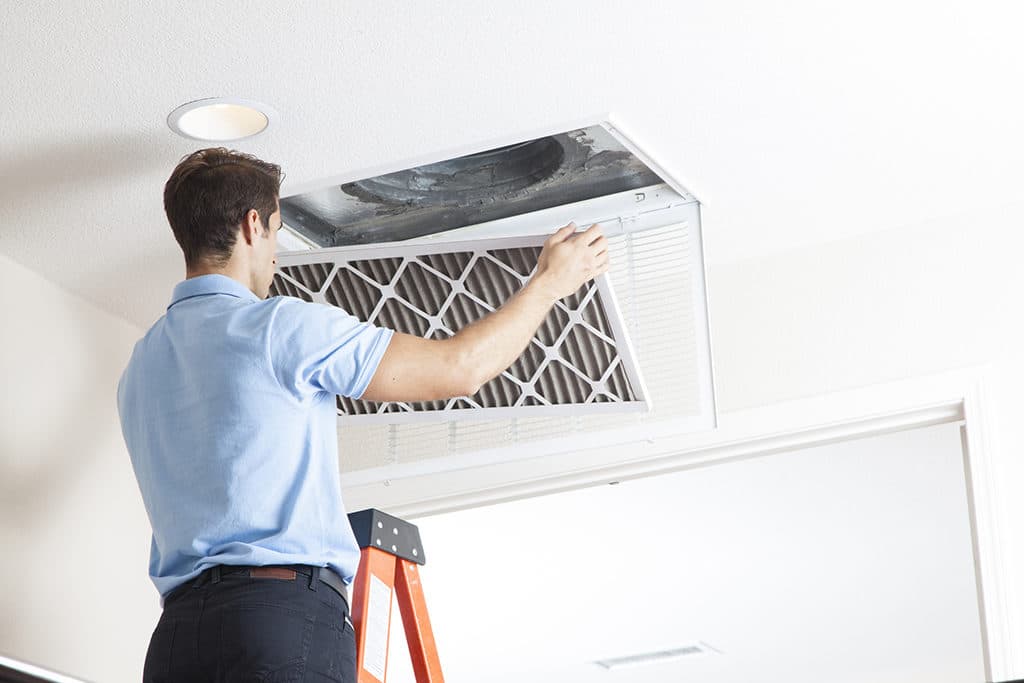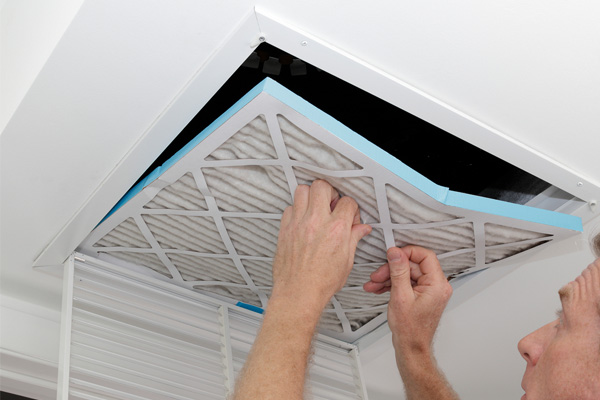Ensuring a clean and fresh-smelling home is a priority for many, and one critical aspect is maintaining the air quality by addressing duct odors. In this comprehensive guide, we will discuss the essential steps to preventing odor in ducts and maintaining a healthy indoor environment. The checklist provided here is designed to help homeowners and business owners alike keep their spaces free from unpleasant smells.

Understanding the Importance of Duct Maintenance
Ducts are responsible for circulating air throughout your home or office. Over time, they can accumulate dust, mold, and other debris, leading to unpleasant odors. Regular maintenance is crucial to ensure that the air you breathe is clean and fresh. This guide will provide a detailed overview of how to keep your ducts odor-free.
Checklist for Preventing Odor in Ducts
1. Regular Cleaning
Regular cleaning of your ductwork is essential in preventing odors. This involves removing dust and debris that can accumulate over time. Consider hiring a professional service to ensure thorough cleaning. For more detailed steps on this, visit our guide on duct cleaning steps.
2. Inspect for Mold and Mildew
Mold and mildew are common culprits behind musty odors in ducts. Regular inspections can help identify these issues early. If you notice a musty smell, it’s important to address it immediately. Learn more about the causes of musty smells in ducts here.
3. Check for Leaks
Leaks in your ductwork can lead to moisture buildup, which promotes mold growth and odors. Regularly inspect your ducts for any signs of leakage and repair them promptly.
4. Use Quality Air Filters
High-quality air filters can capture more particles, reducing the risk of odor-causing contaminants entering your ducts. Change filters regularly to maintain efficiency.
5. Control Humidity Levels
Maintaining optimal humidity levels in your home can prevent mold growth. Use a dehumidifier if necessary to keep humidity in check.
6. Professional Inspection
Consider scheduling annual inspections with an HVAC professional to ensure your system is functioning optimally. Professionals can identify potential issues that might not be visible to the untrained eye.
Additional Tips for Odor Prevention
7. Use Baking Soda
Baking soda is a natural deodorizer and can be used to absorb odors in your ducts. Simply sprinkle some into your vents and let it sit for a few hours before vacuuming.
8. Regularly Clean Vents
In addition to cleaning your ducts, make sure to clean the vents themselves. Dust and debris can accumulate here, contributing to odors.
9. Keep Your Home Clean
A clean home can prevent odors from developing in the first place. Regularly vacuum and dust to minimize the amount of dirt and allergens in your home.
10. Use Essential Oils
For a fresh scent, consider using essential oils near your vents. This can provide a pleasant fragrance without the use of harsh chemicals.
11. Install UV Lights
UV lights can be installed within your HVAC system to kill bacteria and mold spores, preventing odors from developing.
12. Seal Ducts Properly
Ensure that all ducts are properly sealed to prevent air leaks and moisture buildup, which can contribute to odors.
Understanding the Causes of Odors
Identifying the root cause of odors is essential in effectively eliminating them. Common causes include mold, dust, pet dander, and even pests. For a deeper understanding of these causes, visit our maintenance tips.
When to Call a Professional
While regular maintenance can prevent many issues, there are times when professional intervention is necessary. If you notice persistent odors despite following the checklist, it may be time to call in an expert. For professional advice, check out this resource.

FAQs
1. How often should I clean my ducts?
It’s recommended to clean your ducts every 3-5 years, but more frequent cleaning may be necessary if you have pets or allergies.
2. What are the signs of mold in ducts?
Common signs include a musty smell, visible mold growth, and increased allergy symptoms.
3. Can I clean my ducts myself?
While some basic maintenance can be done yourself, professional cleaning is recommended for a thorough job.
Maintaining your ducts is essential for a fresh and healthy home environment. By following this checklist and addressing issues promptly, you can ensure your home remains odor-free and comfortable.
This article contains affiliate links. We may earn a commission at no extra cost to you.